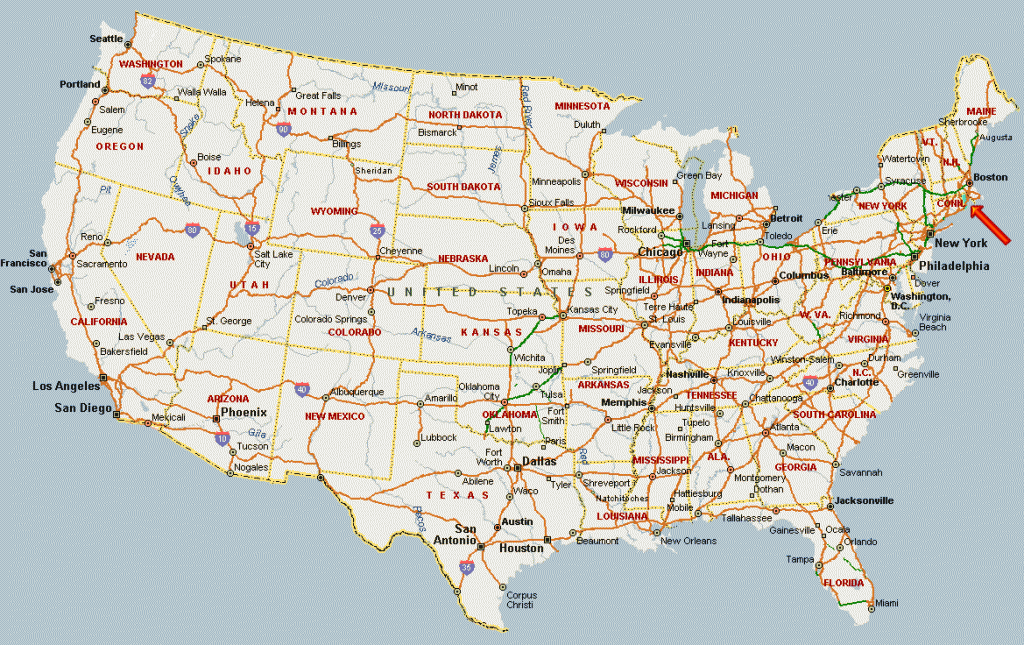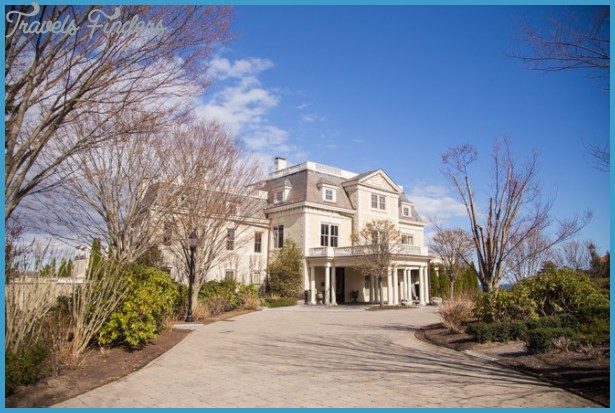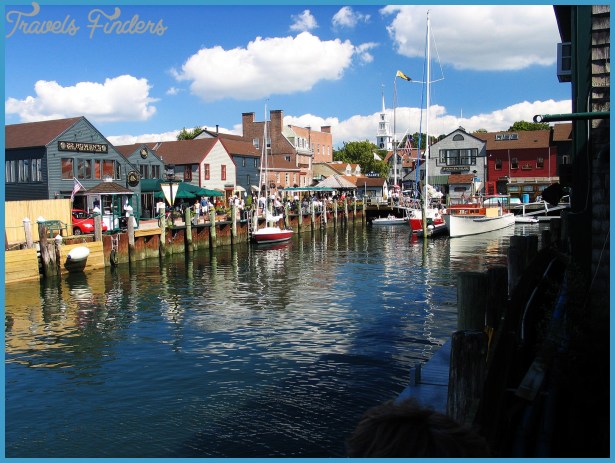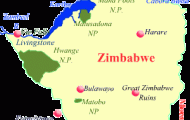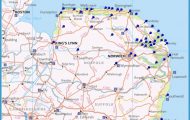Political Power
Despite resistance, the collective voice of Latinos in Rhode Island has grown stronger in recent years. In addition to community-based initiatives, there recently has been more pan-Latino political cooperation. One of the first attempts at such cooperation was through the Hispanic Political Action Committee, founded in 1985. Thirteen years later, the Rhode Island Latino Political Action Committee (RILPAC) was formed, a bipartisan PAC that boasted representation from a variety of Latino nationalities. Since then, many statewide politicians have pursued its support. Grassroots participation also has been apparent most evident during the May 2006 Day Without an Immigrant national demonstrations. Thousands of demonstrators marched in downtown Providence in a gathering estimated to be the largest protest there since the Vietnam War. The daylong strike, boycott, and walkout resulted in the shutdown of hundreds of businesses
statewide; about half the students in Central Falls and 40 percent of all students in Providence city schools did not attend classes that day.
Direct electoral participation is another method by which Latinos have addressed their concerns. In 1992 native Panamanian Anastasia Williams became the first Latina, as well as the first black woman, to hold elected office in Rhode Island when she won a seat in the state house of representatives; she retained the seat again in
2006. In 2002, Juan Pichardo became the first Latino state senator, as well as the first Dominican American state senator in the country. Two years later, Grace Diaz became the first Dominican American woman in the United States to be elected to a state office when she defeated fellow Dominican and incumbent Leon Tejada for a state house seat. In 2006, 22 Latinos ran for elected offices throughout the state, some against incumbent Latinos. Of those candidates, seven won seats that November, including Pichardo, Williams, and Diaz in the state legislature; Tejada, Miguel Luna, and Luis Aponte in the Providence City Council; and Emilio Navarro in the Cranston City Council.
During the last quarter century, Latinos’ collective concerns have been heard if not necessarily resolved by the upper reaches of state government. In 1984 the state’s house of representatives initiated a Commission to Study the Issues Confronting the Hispanic Community of Rhode Island. The two-year public study found insufficient education, services, job training, and housing to be the most pressing concerns of the Latino community. In 1991, Governor Bruce Sundlun appointed the first Governor’s Advisory Commission on Hispanic Affairs. The commission’s recommendations spurred legislation that helped form the first interpreter training program in Rhode Island, as well as the first organized Office of Interpreters in the state court system. The commission also fought against English Only legislation. In addition, the commission worked with the state’s caucus of black legislators to sponsor several forums designed to bring the Latino and African American communities closer together.







